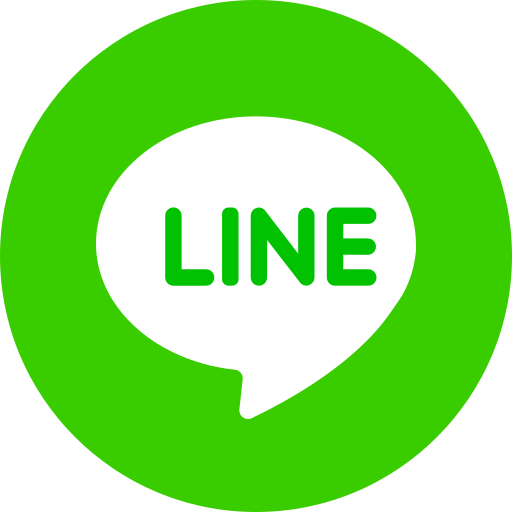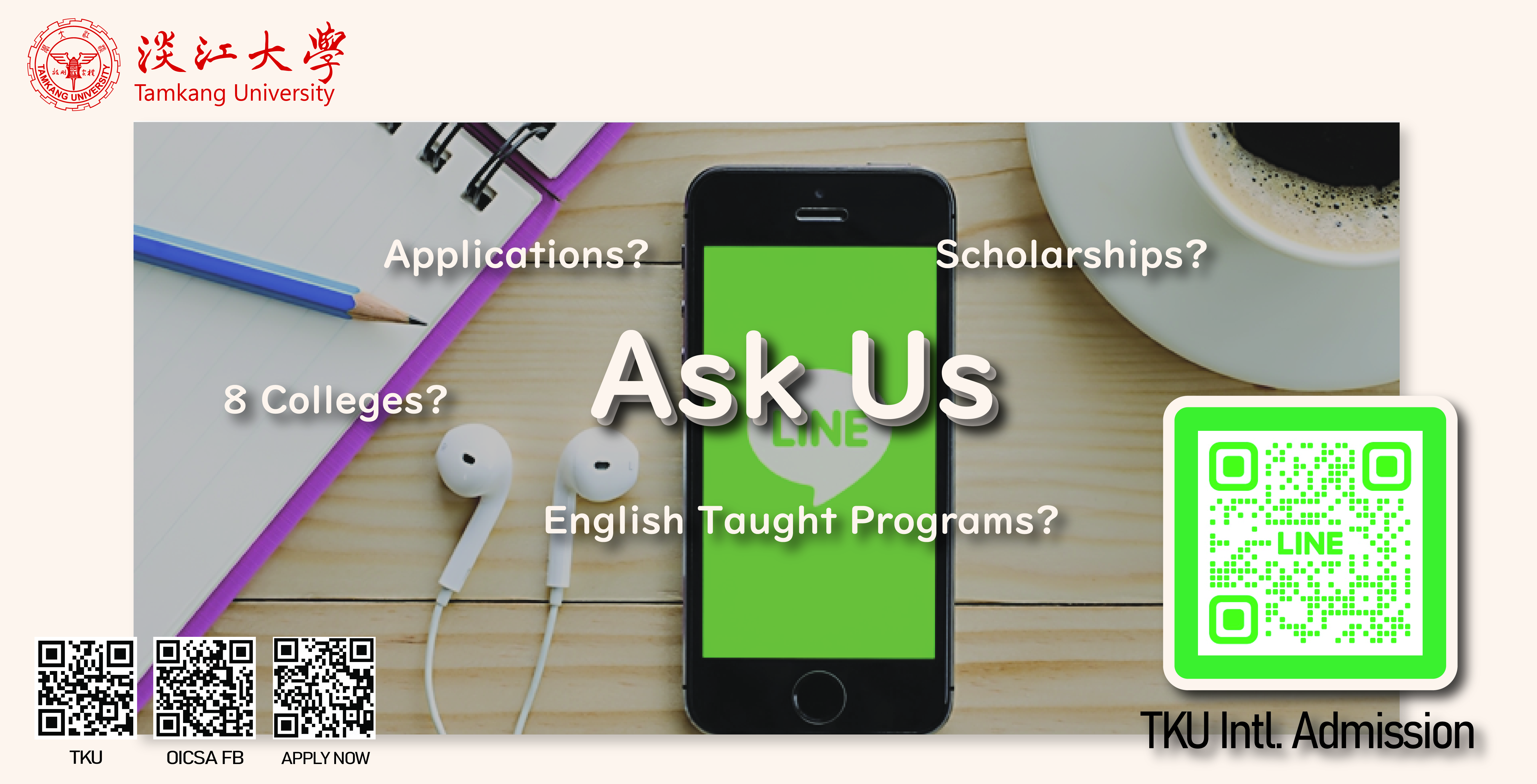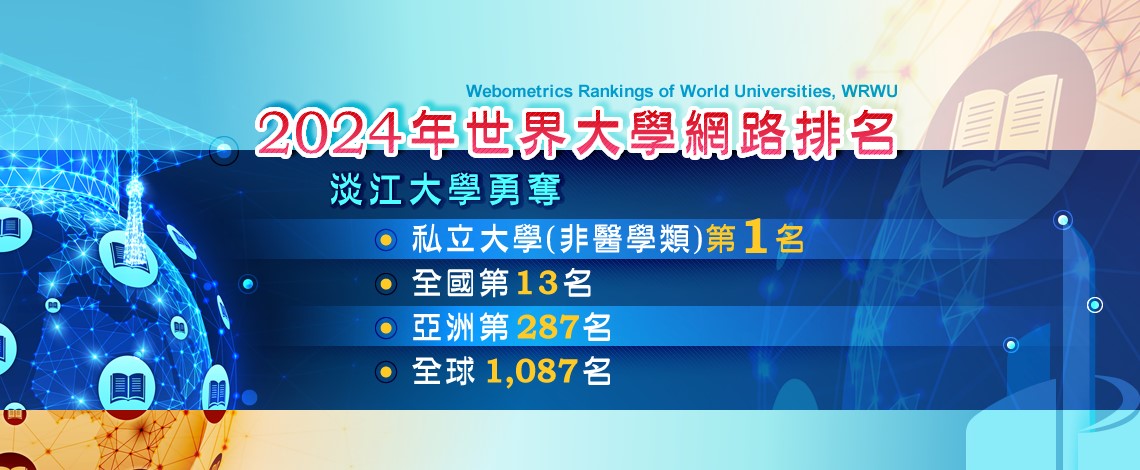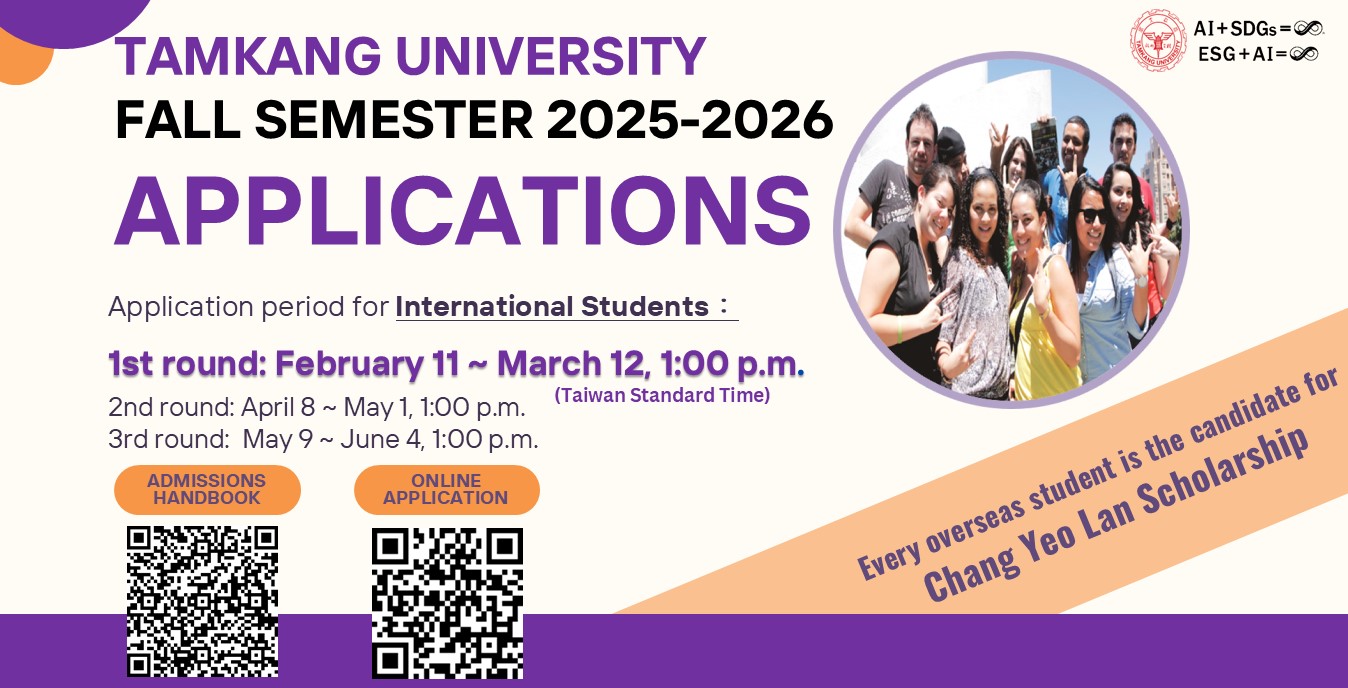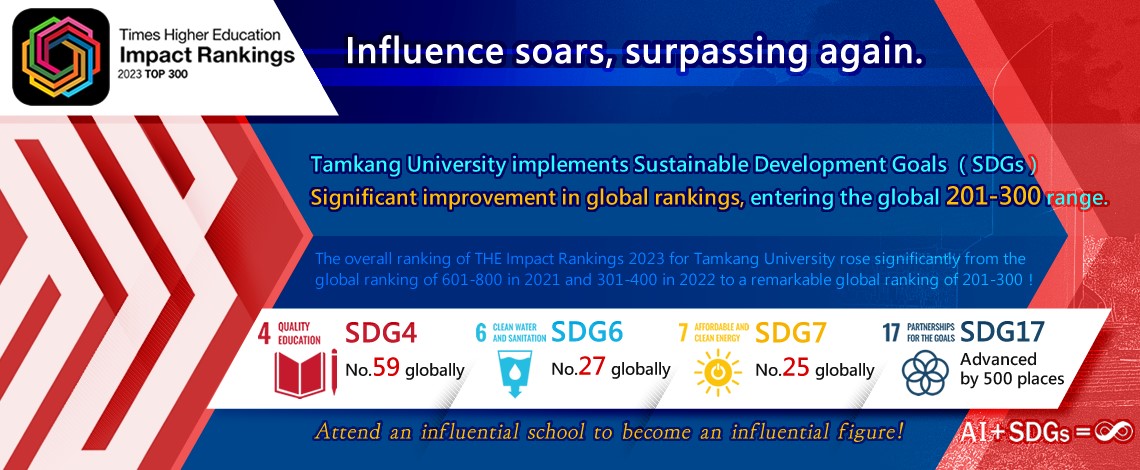What is a coronavirus and what is COVID-19?
The new, or “novel,” coronavirus first identified during an investigation into an outbreak in Wuhan, China is a respiratory illness that can spread from person to person. It was named COVID-19 by the World Health Organization (WHO) and declared a fifth-category notifiable communicable disease by the Centers for Disease Control (CDC), Taiwan.
The main symptom specifically linked to the 2019 coronavirus is a low-grade fever that gradually increases in temperature. Other symptoms include shortness of breath and a cough that gets more severe with time. Like the flu, COVID-19 is spread primarily via respiratory droplets.
As of December 2, about 63,876,680 cases have been confirmed and over 1,482,628 deaths reported, with a fatality rate of 2.32 %.
Read here for updated information from WHO.
Read here for updated information from CDC, Taiwan.
How does the coronavirus spread?
The coronavirus is most likely to spread from person-to-person through:
1. Direct close contact with a person while they are infectious
2. Close contact with a confirmed patient who coughs or sneezes, or the touching of objects or surfaces (such as door handles or tables) contaminated from the coughing or sneezing of a confirmed patient, and then touching your mouth or face.
3. Most infections are only transmitted by people when they have symptoms. These can include fever, a cough, sore throat, tiredness and shortness of breath.
(Cited from World Health Organization)
What is the 14-day quarantine?
As the recent cumulative total of confirmed cases of 2019 novel coronavirus (2019-nCoV) infection in China is rapidly growing, the Central Epidemic Command Center (CECC) requests that travelers undergo home quarantine. Types of quarantine are displayed below; people are advised to follow home quarantine measures, with support and care being provided to such people. The Command Center (CECC) recently announced the following:
| Home Isolation | Home Quarantine | Self-health management | |
| Group of persons | Persons who had contact with confirmed cases | People with travel history |
|
| Enforcement | Home isolation for 14 days Active monitoring twice a day |
Home quarantine for 14 day Active monitoring once or twice a day |
Self-health management for 14 days |
Standards governing the suspension of classes at TKU
On Thursday 20 February, the Ministry of Education in Taiwan announced a set of standards governing the suspension of university classes. Classes and schools that are designated for suspension due to the discovery of a confirmed case of novel coronavirus (COVID-19) will be closed for 14 days.
If a teacher or student is listed as a confirmed case of COVID-19 by the Central Epidemic Command Center (CECC), all the courses they taught or attended will be canceled. If two or more teachers or students are confirmed to have contracted the disease, the school (district) will halt classes.
TKU Measures against COVID-19:Peace of Mind Study Program
1. Restrictions related to course selection have been relaxed, with minimum course credit requirements for each semester no longer applicable.
(1) In accordance with the Regulations on Foreign Students Undertaking Study in Taiwan, the course selection period has been extended to Week 6 of the semester.
(2) Students may be assisted in manually applying to add or drop courses via correspondence on a case by case basis. Methods of correspondence include postage, email, or fax. After the concerned department receives the report and approves it, it will send it to the Office of Academic Affairs for processing.
(3) If a student misses the initial course selection period after deciding not to go to Mainland China on student exchange, and is then unable to select a course because it is already full, their situation will be handled on a case-by-case basis.
2. Applications for deferred enrollment and tuition payment may be made via correspondence with the Office of Academic Affairs. Relevant proof must be enclosed in the correspondence and a proxy may be entrusted to handle related matters.
(1) Student enrollment may be postponed until Week 6 of the semester.
(2) Students may be assisted in rendering tuition payments online.
(3) If the course credits taken do not meet minimum course credit requirements, students will only be required to pay tuition fees for the credits selected.
3. Method of Administering Classes – With the assurance of providing a quality learning environment as a precondition, TKU may adopt more flexible teaching methods and take the initiative to provide synchronous or asynchronous distance education to assist students in taking classes.
(1) Students are encouraged to select distance learning courses.
(2) Make up courses will not be held for classes missed while on leave. Students may make up the missed information themselves by accessing the iClass or Moodle learning platforms.
(3) An online coursework guidance module is scheduled to be set up on Moodle or another distance learning platform. It will include TKU courses and external resources, and allow for repeated browsing.
(4) MS Teams “Peace of Mind” Synchronous Distance Learning: MicroSoft Teams is a communication and collaboration software program. It integrates functions such as chat, video conference, document storage, and Office 365. It also offers cloud and internet resources, allowing for cross-border, international service. Microsoft's international cloud service enables students – who may be unable to come to class – to take part synchronously online. For students from China, Hong Kong, and Macau who are required to stay at home and undertake “self-health management,” instructors may record the class so that such students may view it (asynchronously) any time they wish. It takes around 15-30 minutes to sign in and access the platform, and students are asked to kindly complete the process prior to the start of class. For detailed instructions, please see http://www.tku.edu.tw/doc/antiv/MSTeams_student.pdf
4. Test Grades
(1) TKU may adjust its method of evaluating grades based on the nature of the subject, choosing to adopt make-up tests or other remedial measures to assign subject grades. Make-up test grades will be calculated based on the actual score earned.
(2) Depending on the nature of the subject, teachers shall adjust their method of assessing grades on a case-by-case basis. Grades may be assessed by means of online testing, make-up tests, or report submissions.
5. Student Leave – Students may submit a leave application (to the Office of Student Affairs) via correspondence, enclosing the relevant proof. They may also entrust a proxy to handle related matters on their behalf. Regulations pertaining to the loss of marks due to unexcused absences, or to expulsion, will not apply.
How can we protect ourselves from COVID-19?
Please be socially responsible and comply with the instructions below.
1. Frequently wash your hands, cover your cough with the crook of your elbow or a tissue, and maintain a distance of at least 1 meter (3 feet) from people who are coughing or sneezing.
2. Wash your hands with soap and water, especially before meals, physical contact with patients, after using the toilet, after blowing your nose, coughing and sneezing, and after seeing a doctor. Read here for tips on handwashing.
3. If you develop a fever (38°C by ear/37.5 °C by forehead or higher), cough, have difficulty breathing , and/or any physical discomfort, please put on a mask to protect yourself and see a doctor as soon as possible. While seeing the doctor, please inform the doctor of your recent travel history.
Starting from school opening on March 2nd, 2020, students and staff are required to take the temperature before entering the campus buildings. If you develop a fever (38°C by ear/37.5 °C by forehead or higher), you will not be allowed to enter the buildings. Additionally, you should put on a mask right away, go to the health center and rest at home.
4. Avoid touching your face with hands.
Starting from school opening on March 2nd, 2020, students and staff are required to take the temperature before entering the campus buildings. If you develop a fever (38°C by ear/37.5 °C by forehead or higher), you will not be allowed to enter the buildings. Additionally, you should put on a mask right away, go to the health center and rest at home.
4. Avoid touching your face with hands.
5. Keep your room and surroundings clean and well-ventilated.
6. Avoid crowded places and wear a mask, especially if you are sick.
Read here for tips on wearing masks.
7. Do not travel overseas at this time. As of March 18, the Central Epidemic Command Center (CECC) has raised its travel notice for 97 countries to Level 3: Warning. You may have a higher risk of contracting COVID-19 by contacting more people in the flights and in the crowded airports. Therefore, TKU currently prohibits all outbound travel for student and staff until the COVID-19 situation is resolved.
8. Stay at least one meter apart outdoors and 1.5 meters apart indoors to help contain the COVID-19 outbreak. If you are unable to maintain the safe distance, wear a mask.
7. Do not travel overseas at this time. As of March 18, the Central Epidemic Command Center (CECC) has raised its travel notice for 97 countries to Level 3: Warning. You may have a higher risk of contracting COVID-19 by contacting more people in the flights and in the crowded airports. Therefore, TKU currently prohibits all outbound travel for student and staff until the COVID-19 situation is resolved.
8. Stay at least one meter apart outdoors and 1.5 meters apart indoors to help contain the COVID-19 outbreak. If you are unable to maintain the safe distance, wear a mask.
Where to buy face masks in Taiwan?
Foreign students who have health insurance, which generally includes those who hold an Alien Resident Certificate (ARC) or an Alien Permanent Resident Certificate (APRC), can use their health insurance cards to purchase masks at designated pharmacies. If the final digit of the ARC or APRC is an odd number, you are eligible to buy masks on Mondays, Wednesdays and Fridays; those with even numbers should go on Tuesdays, Thursdays, and Saturdays. Sundays are open to all. Nevertheless, starting from April, 8, adults will be able to purchase 9 face masks in any 14-day period without the limitation of ID number ending digits.
Check this map for places at which to buy masks across Taiwan.
Starting on March 12, citizens will be allowed to buy face masks online through an official app, using NHI cards and digital citizen certificates for verification. Read here for more details.
Check this map for places at which to buy masks across Taiwan.
Starting on March 12, citizens will be allowed to buy face masks online through an official app, using NHI cards and digital citizen certificates for verification. Read here for more details.
More Information
In response to the current novel coronavirus, please comply with epidemic prevention measures and honestly disclose your travel history and relevant health information. Concealing the requested information will result in penalties as stipulated in related epidemic prevention regulations.
For further information about COVID-19, go to https://www.who.int/ or https://www.cdc.gov.tw/En
If you have any further questions regarding epidemic prevention measures, please call the toll-free number 1922 (or 0800-001922).




